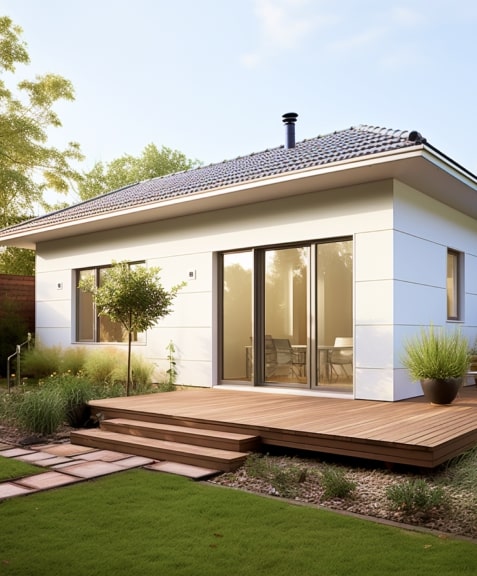
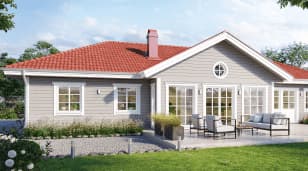
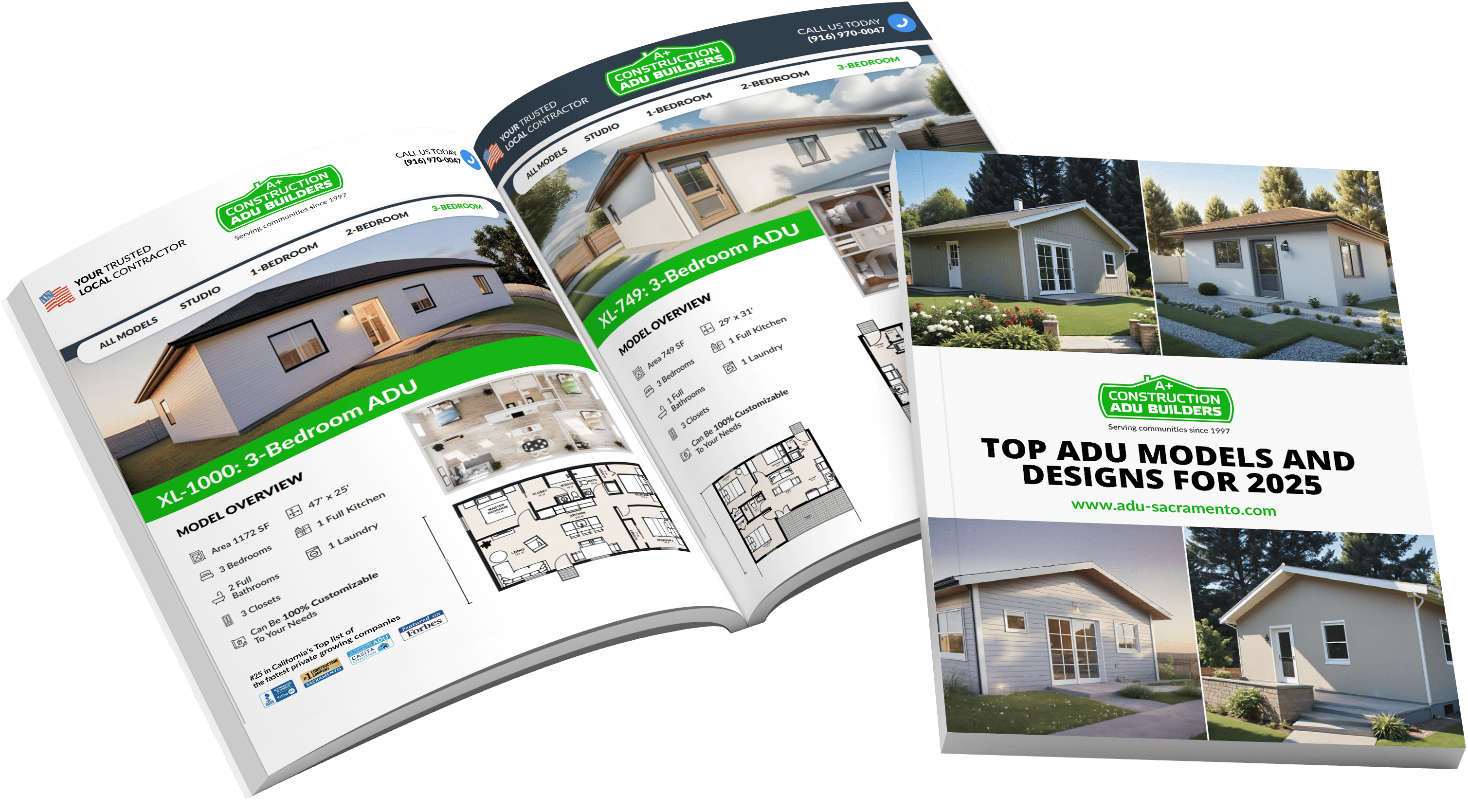

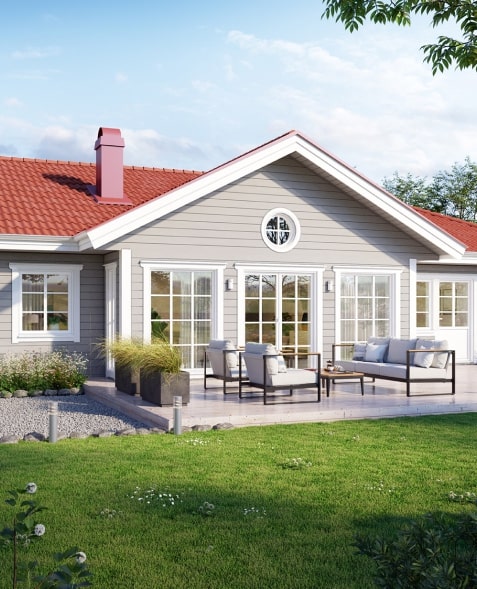
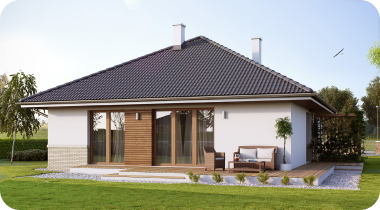
A link to download your FREE brochure will be in your inbox in 3 minutes
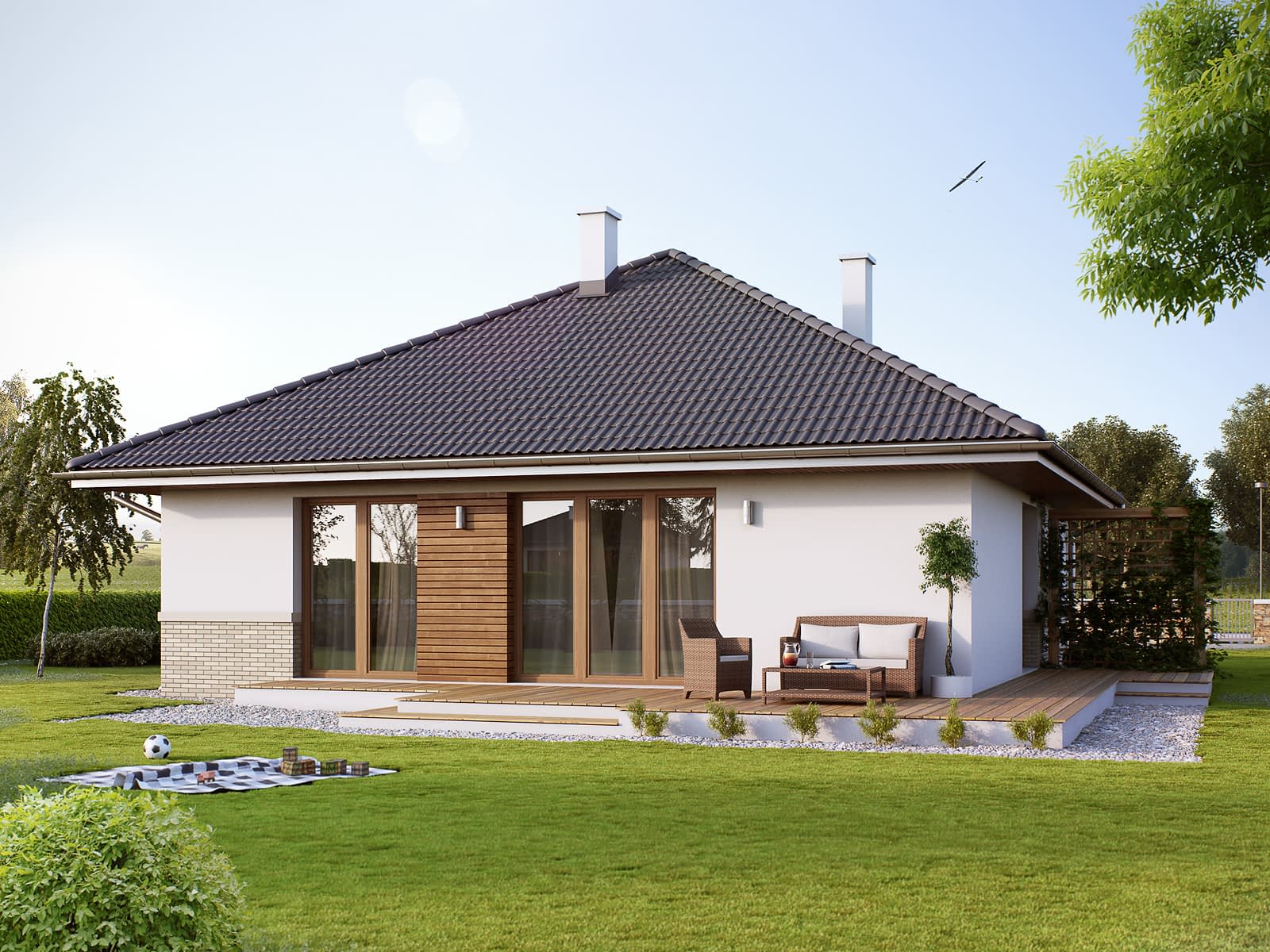





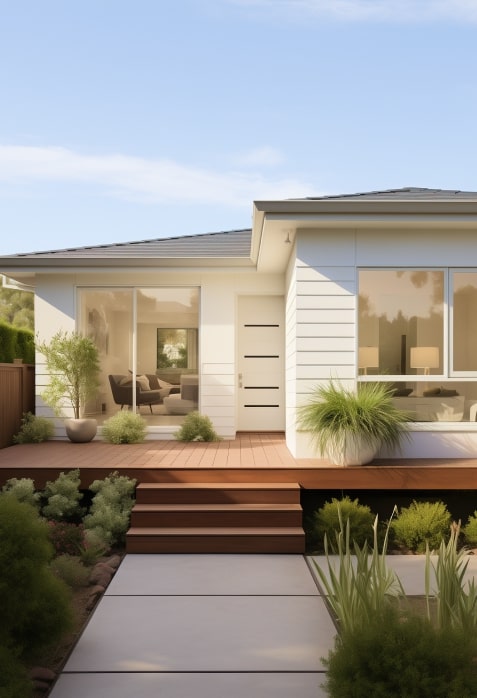
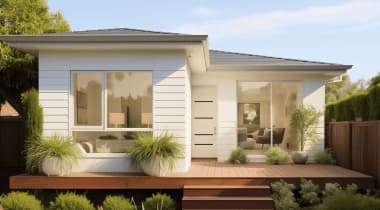











The final price may vary based on project specifics.
To get a free accurate quote tailored to your needs, book a consultation with us today!

The price per square foot provided is an average and may vary depending on project-specific details such as materials, location, complexity, and other factors. Actual costs may differ from the average provided.
It is recommended to obtain a detailed quote based on the specific requirements of your project.

Please note that the monthly payment displayed on this page is an estimate and is subject to variation based on the selected loan product, applicants credit score, loan amount, and other financial details. Actual monthly payment may differ from the estimate provided.
It is recommended to seek advice from a financial advisor or loan officer to obtain precise payment information tailored to individual circumstances.
 Your Trusted
Local Contractor
Your Trusted
Local Contractor
The potential for new housing opportunities has spurred the growth of accessory dwelling units (ADUs). An ADU is a small, self-contained residential unit that can exist on the same lot as a single-family home. With the rising demand for additional housing, many people are asking, “Can I finance ADUs?” The answer is yes. Financing an ADU can be an effective way to leverage existing land and resources to create new living spaces.
But how do you finance an ADU? Understanding the financing options available can help you decide if the building or buying an ADU is right for you.
ADUs are additional units that can be built on a single-family lot. These units are often smaller than the main house and may include a guest house, in-law suite, or mother-in-law suite:
Guests often need more privacy than you can give them in your home, so it makes sense to offer them their own space—especially if they’re staying for an extended period of time. A guest house is an excellent option for this situation because it allows everyone involved to feel at ease while providing ample amenities such as a kitchenette with refrigerator/freezer and bathroom facilities (toilet, sink, and shower).
If you have parents who would like to move closer but don’t want their own place yet—or maybe even ever—an in-law suite at your place could be just what they’re looking for. Just make sure it’s big enough for both parties’ needs; otherwise, things might get awkward fast.
Financing an ADU provides homeowners with several benefits that make it worth considering:
If you’re thinking about building an ADU, the first thing to do is look at your current finances and determine whether or not you can afford it. To help with this process, ask yourself these questions:
It’s important to have a solid understanding of your budget and to assess any potential risks involved before proceeding with your plans. It may also be helpful to consult with a financial advisor or contractor to get a better idea of the costs and determine if building an ADU is a viable option for you.
Another important aspect to consider is the zoning regulations in your area. Research the local laws to ensure that building an ADU is allowed and that there are no restrictions or limitations that would prevent you from completing the project.
You should also consider factors such as the size and location of your property, as well as the intended use of the ADU. Will it be for personal use or for rental income? Answering these questions will give you a clearer picture of the feasibility of your project and help you make informed decisions throughout the planning and building processes.
By taking the time to carefully think about your finances and ask the right questions, you can make sure that you are making a good decision and setting yourself up for success.
HELOCs, or home equity lines of credit, are a type of second mortgage. They allow you to borrow money against the value of your home. You can use HELOCs for a variety of purposes, including home improvement projects and renovations. In some cases, they’re used to fund an ADU addition or remodel (but not always).
HELOCs can be helpful if you want to finance an ADU but don’t have the cash on hand right now; however, they aren’t always available with all lenders, and those that do offer them may require high-interest rates and fees compared with other types of loans.
Construction loans are for building a new home, an addition to your existing home, remodeling or adding onto your existing home, or even building a garage or pool. A construction loan can help you finance all of these projects at once.
A construction loan is also known as an “owner builder” or “construction-to-permanent” (CTP) mortgage because it allows you to get financing while still in the process of constructing your property. It’s ideal for people who want to build their own homes but don’t have enough money saved up yet for the down payment required by conventional lenders such as banks or credit unions.
A cash-out refinance you to take out more money from your home than what you originally owed on it (for example, if your mortgage was $100,000 with 20 years left on it and now it’s at 95%, then that 5% would be considered “cash out”). This means that if someone wants to buy their home but has no equity left in it after paying off their existing mortgage balance, he or she could still get approved for another mortgage using this method.
This type of refinance can be beneficial for those looking to reduce monthly payments or access cash quickly without having to sell their home.
When selecting a loan option for your ADU project, there are several things that should be taken into consideration. Firstly, consider what kind of income will be generated from the ADU once it is completed, if any at all. This can influence whether or not certain loans will be a feasible option for you and your budget.
Some popular options for financing an ADU include cash-out refinancing, a home equity line of credit (HELOC), and construction loans.
The sooner you start researching financing options, the better. The longer you wait, the more money it will cost. If you are planning to build an ADU on a property that already has a mortgage on it and doesn’t have equity in your home yet, then getting a loan before starting construction may be necessary.
If possible, try to get pre-approved by lenders before beginning work so they can help find lenders with better rates and terms than those offered by large banks (which typically charge higher interest rates).
Financing an ADU can be a good investment. It’s important to research all available options and then choose the one that best suits your situation. There are many different types of loans and financing options, so make sure you’re comparing apples-to-apples when comparing them.
As a locally based company, A+ Construction & Remodeling understands the pulse of Sacramento’s ADU market. Our Sacramento ADU contractors are well-acquainted with the region’s architectural nuances and regulatory requirements, allowing us to provide solutions that are not only aesthetically pleasing but also fully compliant with local regulations – read more about here – https://aplusconstructionremodeling.com/adu-builders/. This intimate understanding of the local market dynamics sets us apart as ADU contractors who not only know their craft but also appreciate and respect the unique architectural landscape of Sacramento.
Get a First Look at Real ADU Projects